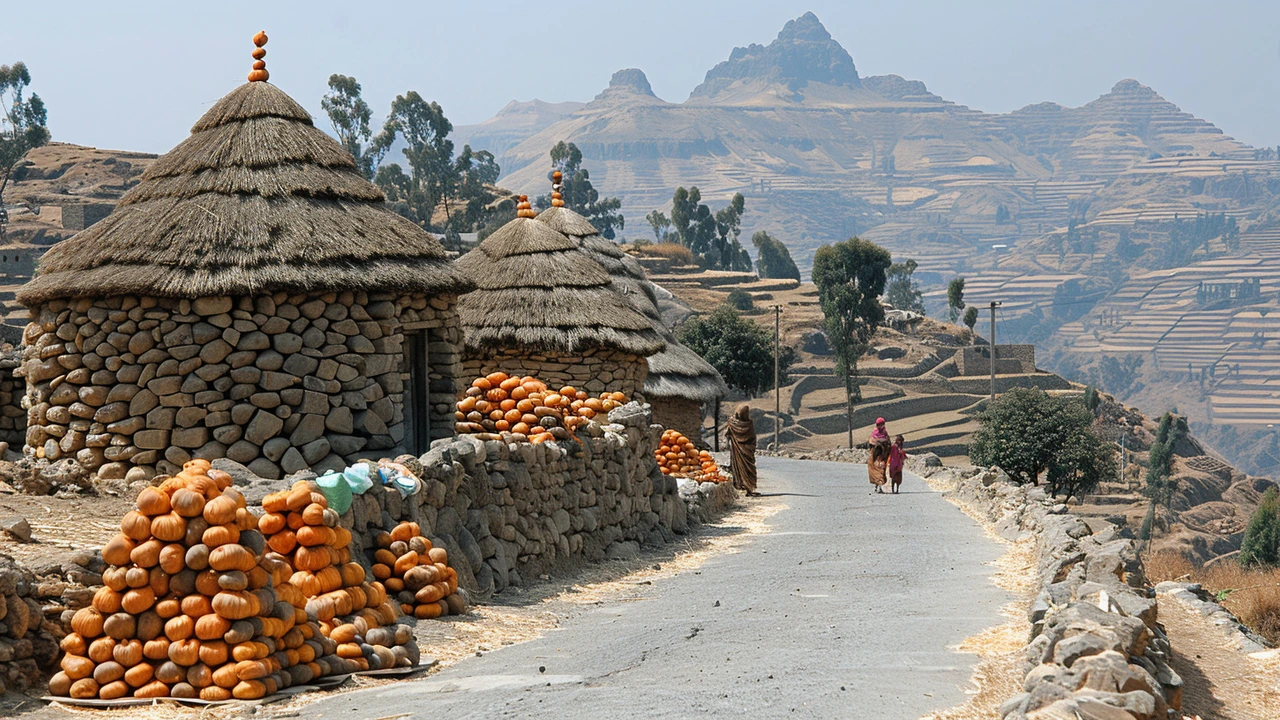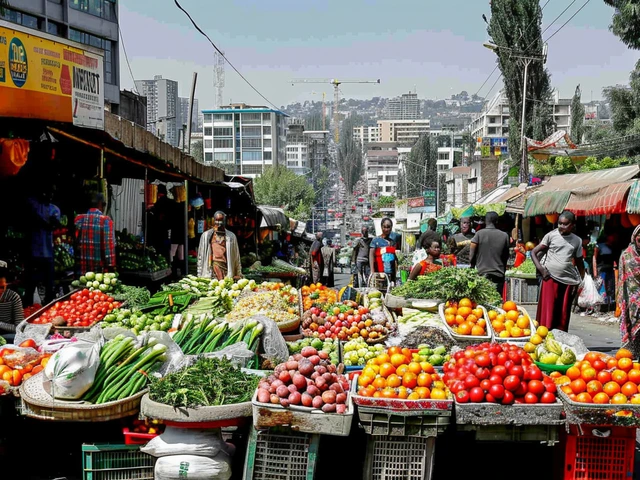Ethiopian Economy: From Salaries to Everyday Living
Ever wondered how people in Ethiopia really make a living? The country’s economy is shaped by a mix of old and new—agriculture still drives most jobs, but other industries are catching up. If you’re thinking about work or business here, getting a handle on wages, costs, and the job market is huge.
A lot of people in Ethiopia work in farming. Coffee, livestock, grains—you name it, it probably links back to the land. This isn’t just tradition; agriculture is the backbone of most family incomes. But there’s a twist: despite hard work, the average monthly income stays low for many. Most families juggle expenses and earnings, especially when food prices rise or the market shifts.
The big question always comes up: What’s the average wage? It depends where you look. City workers might earn more than those in rural areas, but no matter the place, most people face a high cost of living. Groceries, rent, and essentials can eat up paychecks fast, with inflation making those birr stretch less every year.
Jobs other than farming are growing—government work, construction, and small businesses are steady go-tos, especially in cities like Addis Ababa. But unemployment is a real problem, especially for young people fresh out of school. There’s a mismatch between education and what the job market wants, so many have to get creative or settle for lower-paying gigs.
If you’re eyeing salary numbers, think in practical terms. The minimum wage exists, but not everyone gets it, and informal jobs can pay less. Household incomes get patched together with side hustles and family contributions. Some families rely on remittances—money sent from relatives working abroad just to balance the monthly bills.
Poverty isn’t just about money. It’s about lack of opportunity and the way costs chew up even a typical salary. Regions with better access to jobs or resources do better than those still isolated or dependent only on unpredictable rain for crops.
Export industries help at the national level. Coffee and textiles bring in foreign currency, giving Ethiopia a bit of breathing room, but these gains don’t always trickle down. So, the divide between prosperous and poor areas can get wider.
If you want to earn more in Ethiopia, skills matter. Tech jobs and trades like mechanics or electricians can pay better than average farm work. Getting the right training or certification is a smart way to boost your prospects. Even so, the demand for high-paying jobs often outpaces supply.
Understanding the local economy means more than knowing a few statistics—it’s about seeing what daily life actually looks like for workers and families. Income, jobs, and the cost of living all fit together, shaping how people get by and plan for the future in Ethiopia.
















